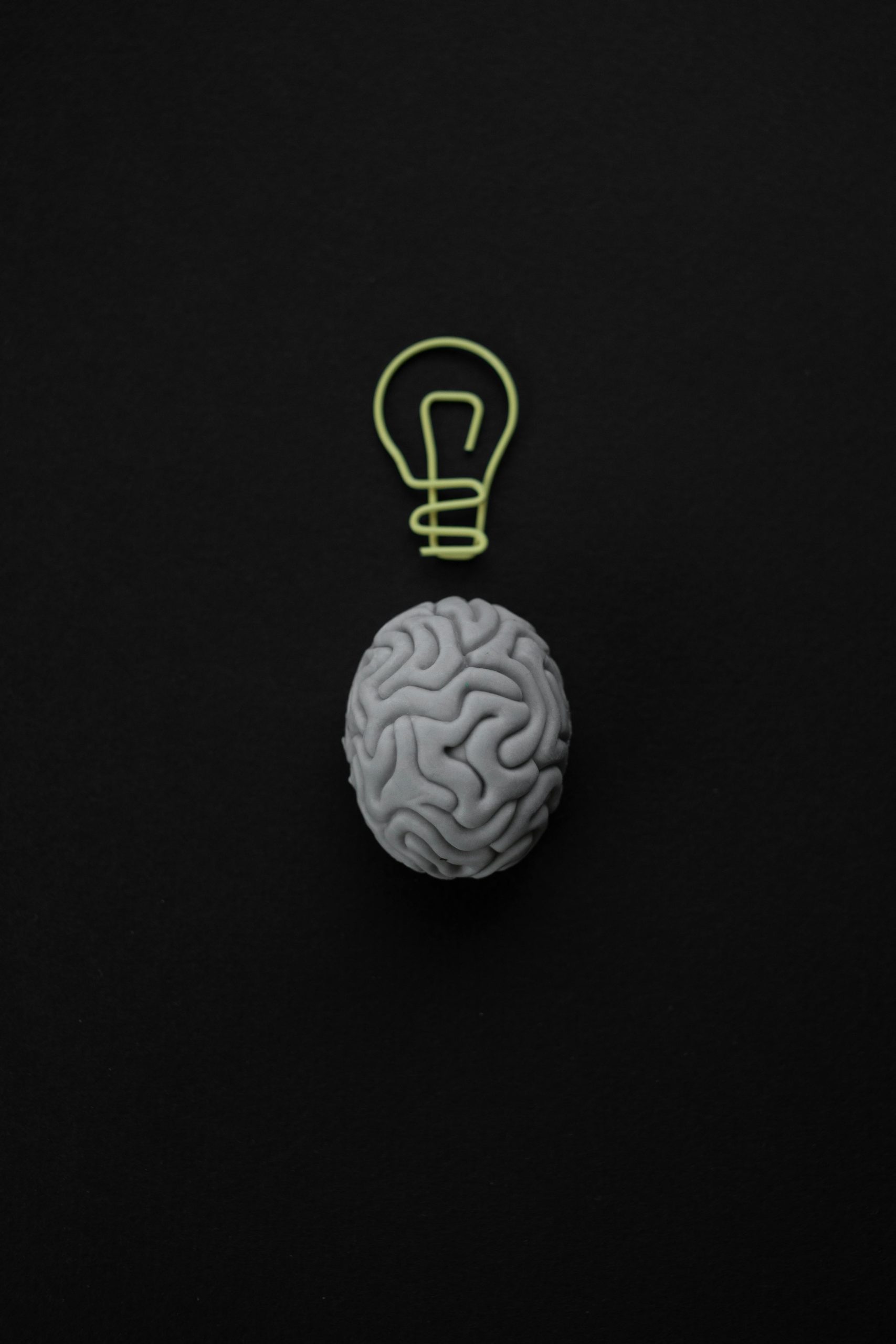Have you ever wondered why you think or behave the way you do? Psychology, the scientific study of the mind and behavior, uncovers fascinating truths about human nature that can reshape how you perceive yourself and others. From the way memories deceive us to the hidden power of body language, these mind-blowing psychology facts, backed by rigorous research, will change how you think about everyday life.
1. Your Brain Rewrites Memories
Memories aren’t like video recordings—they’re more like stories your brain edits every time you recall them. Research shows that each time you remember an event, your brain reconstructs it, often adding or omitting details. This phenomenon, known as memory reconsolidation, means your past isn’t as fixed as you think.
Why This Happens
Neuroscientists have found that recalling a memory makes it temporarily unstable. When you re-store it, your brain can alter it based on your current emotions, beliefs, or even suggestions from others. This explains why two people can remember the same event differently.
- Eyewitness testimony is unreliable: Studies reveal that eyewitnesses often misremember details, leading to wrongful convictions.
- False memories can be implanted: Psychologists have successfully planted entirely false memories in participants through suggestion.
2. The Power of the Placebo Effect
Your mind can heal your body—even when the treatment is fake. The placebo effect occurs when a person experiences real improvements after receiving a sham treatment, simply because they believe it works.
How Strong Is It?
Research shows placebos can relieve pain, reduce symptoms of depression, and even mimic the effects of real medication. In some cases, people report side effects from placebos, a phenomenon called the nocebo effect.
- Pain relief: Placebos trigger the release of endorphins, the body’s natural painkillers.
- Parkinson’s disease: Fake treatments have been shown to increase dopamine levels in patients.
3. You Have a “Mirror Neuron” System
Ever felt pain when seeing someone else get hurt? That’s your mirror neurons at work. These specialized brain cells fire both when you perform an action and when you see someone else do it, helping you empathize and learn through imitation.
Implications for Empathy and Learning
Mirror neurons explain why yawns are contagious and why watching someone smile can make you feel happier. They also play a crucial role in social bonding and language development.
- Empathy: People with highly active mirror neuron systems tend to be more empathetic.
- Autism research: Some studies suggest that reduced mirror neuron activity may contribute to social difficulties in autism.
4. Decision Fatigue: Why Willpower Fades
Making too many decisions drains your mental energy, a phenomenon called decision fatigue. Studies show that as you make more choices throughout the day, your ability to resist temptation or make rational decisions weakens.
Real-World Consequences
Judges are more likely to deny parole late in the day, and shoppers are more prone to impulse buys when tired. Even Steve Jobs and Mark Zuckerberg wear the same outfits daily to conserve decision-making energy.
- Food choices: People are more likely to eat junk food at night after a long day of decisions.
- Financial decisions: Investors make riskier choices when mentally exhausted.
5. The “Bystander Effect”: Why People Don’t Help
In emergencies, the more people present, the less likely anyone is to help. This counterintuitive phenomenon, known as the bystander effect, occurs because responsibility diffuses across the crowd.
Famous Cases and Research
The murder of Kitty Genovese in 1964, where dozens allegedly watched without intervening, sparked research into this effect. Studies confirm that individuals are far more likely to act when alone than in a group.
- Diffusion of responsibility: People assume someone else will take action.
- Social cues: If others appear calm, individuals may misinterpret the situation as non-urgent.
Psychology reveals the hidden forces shaping our thoughts, emotions, and behaviors. From the malleability of memory to the surprising power of belief, these science-backed facts challenge our assumptions about human nature. By understanding these principles, you can make better decisions, improve relationships, and even harness your mind’s potential in extraordinary ways. The next time you catch yourself acting on autopilot, remember—your brain is full of secrets waiting to be uncovered.
